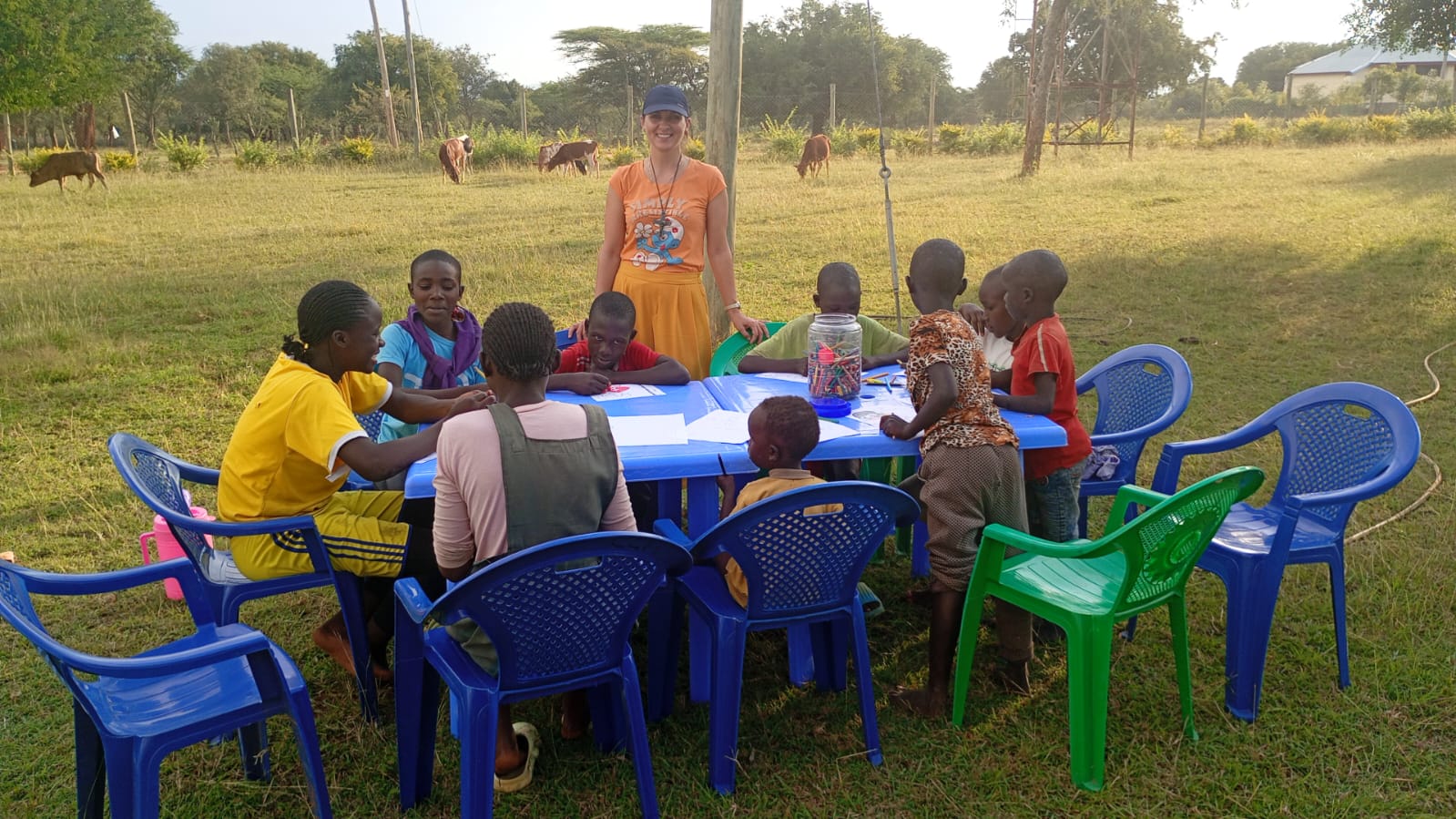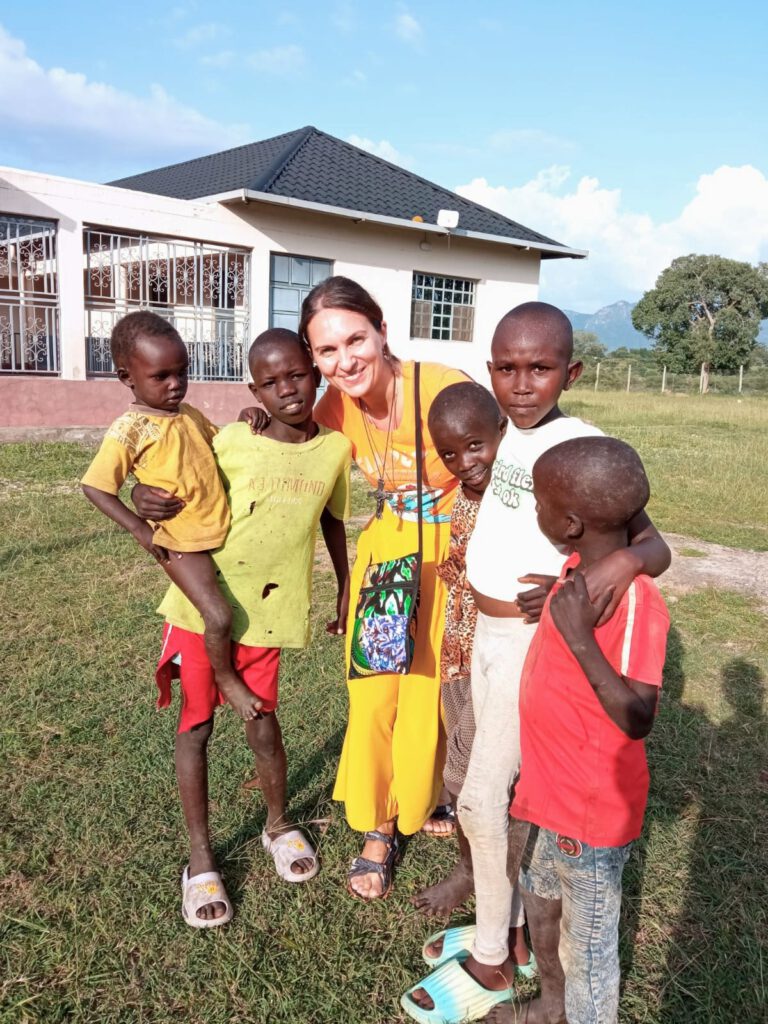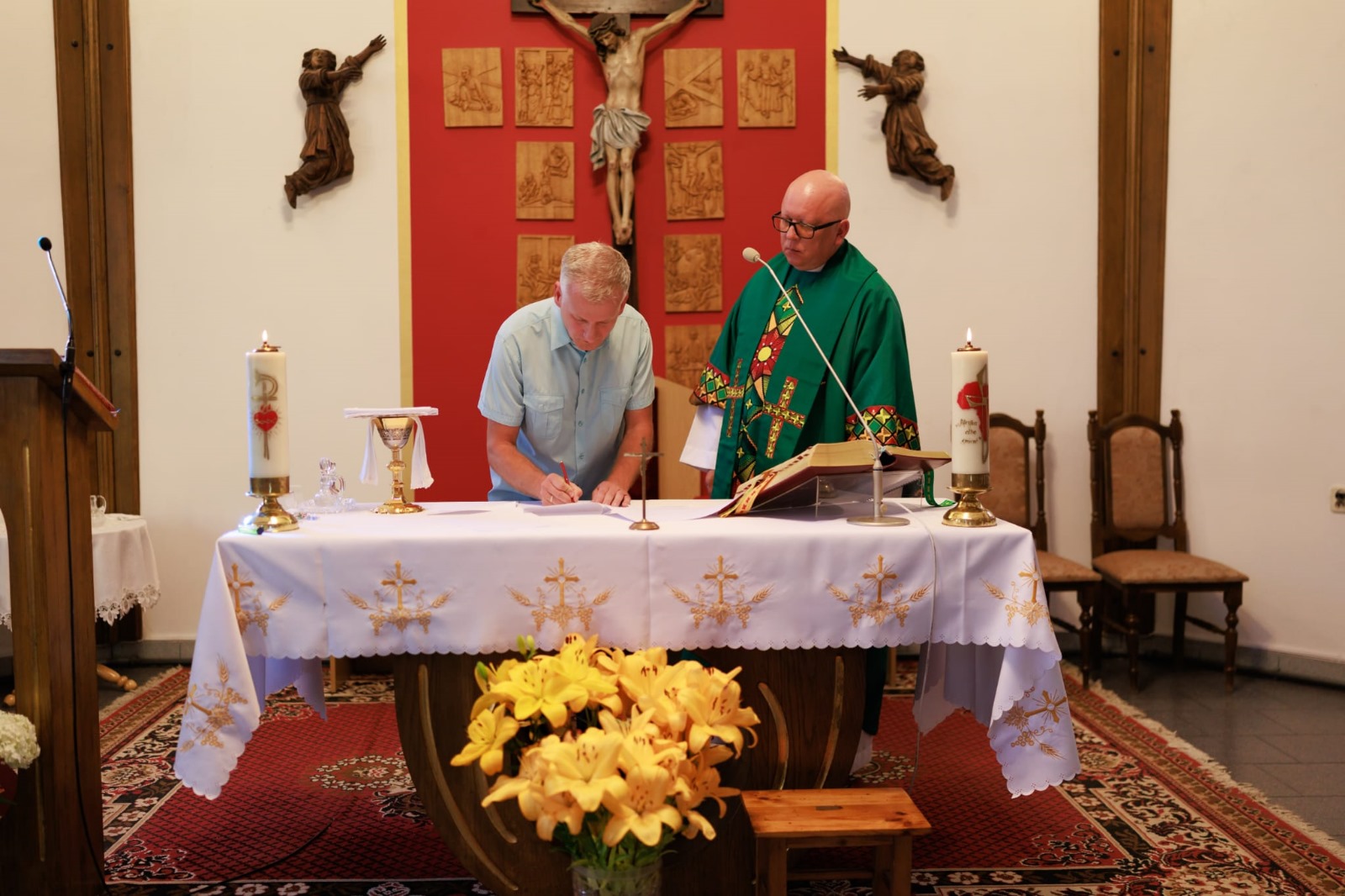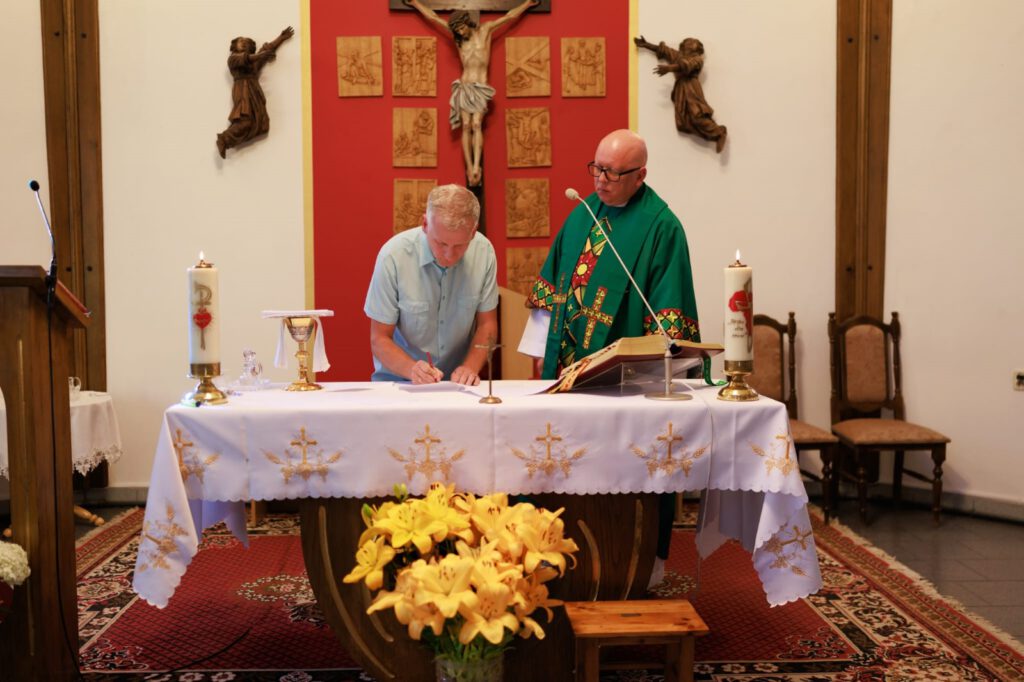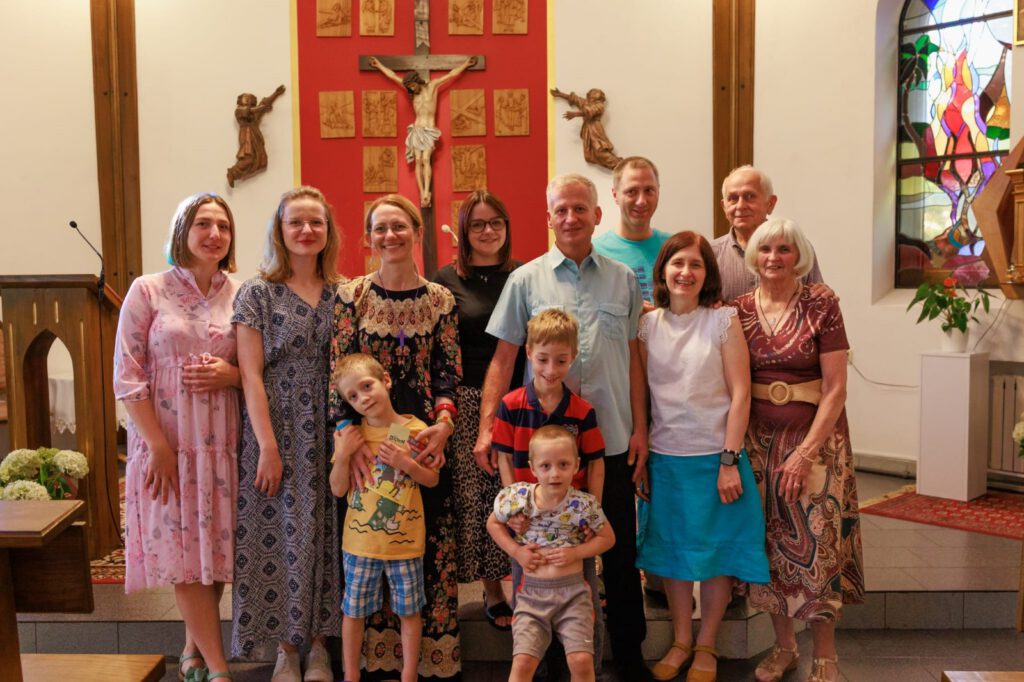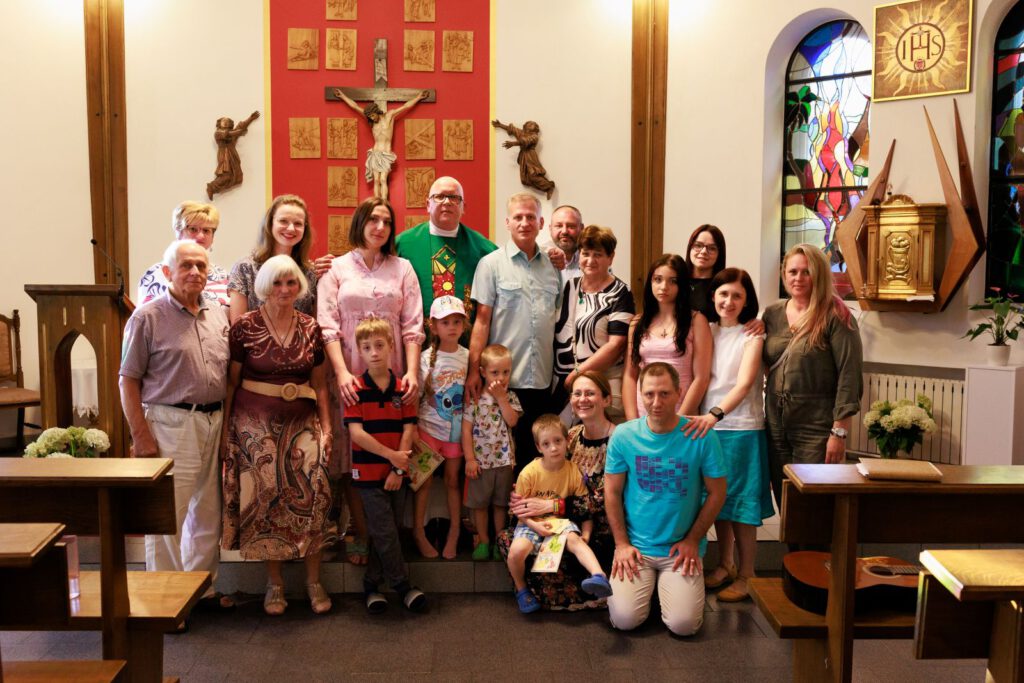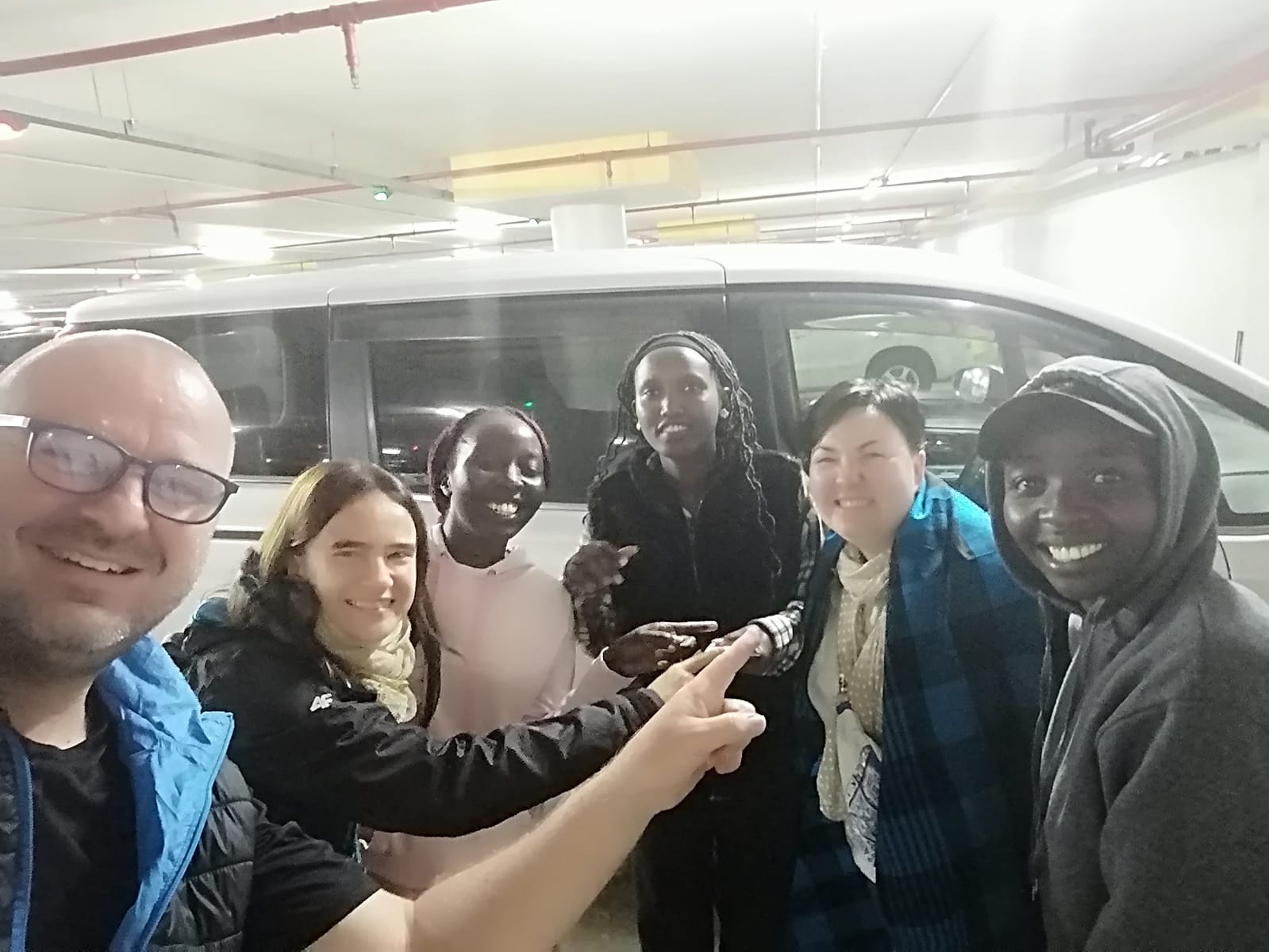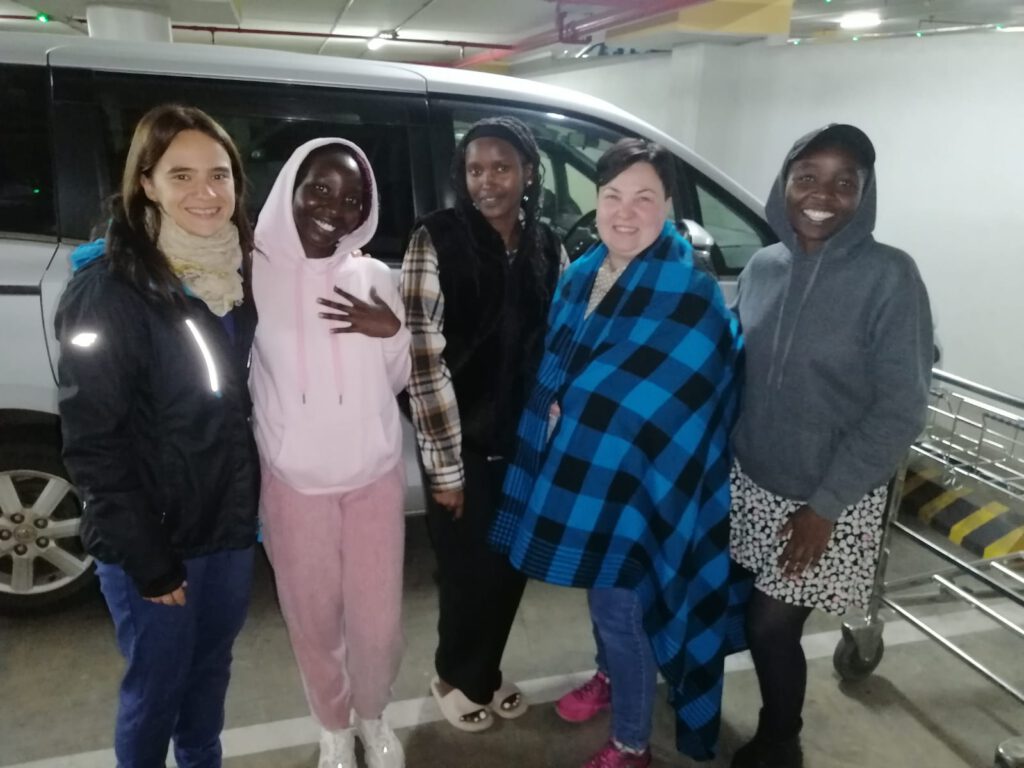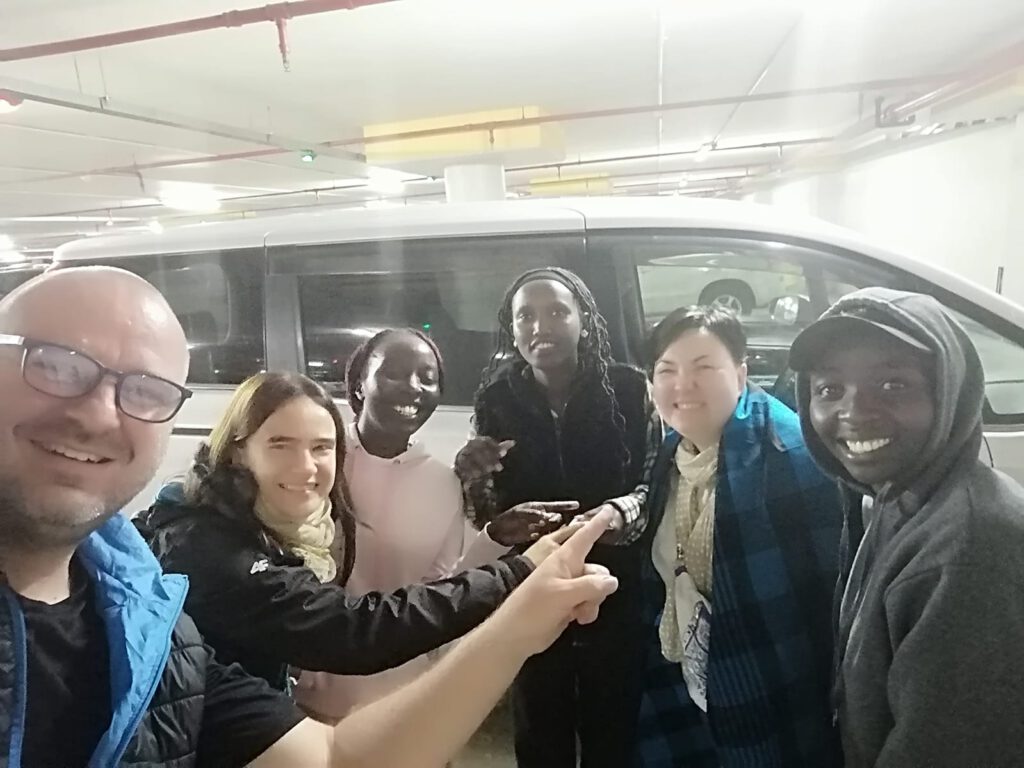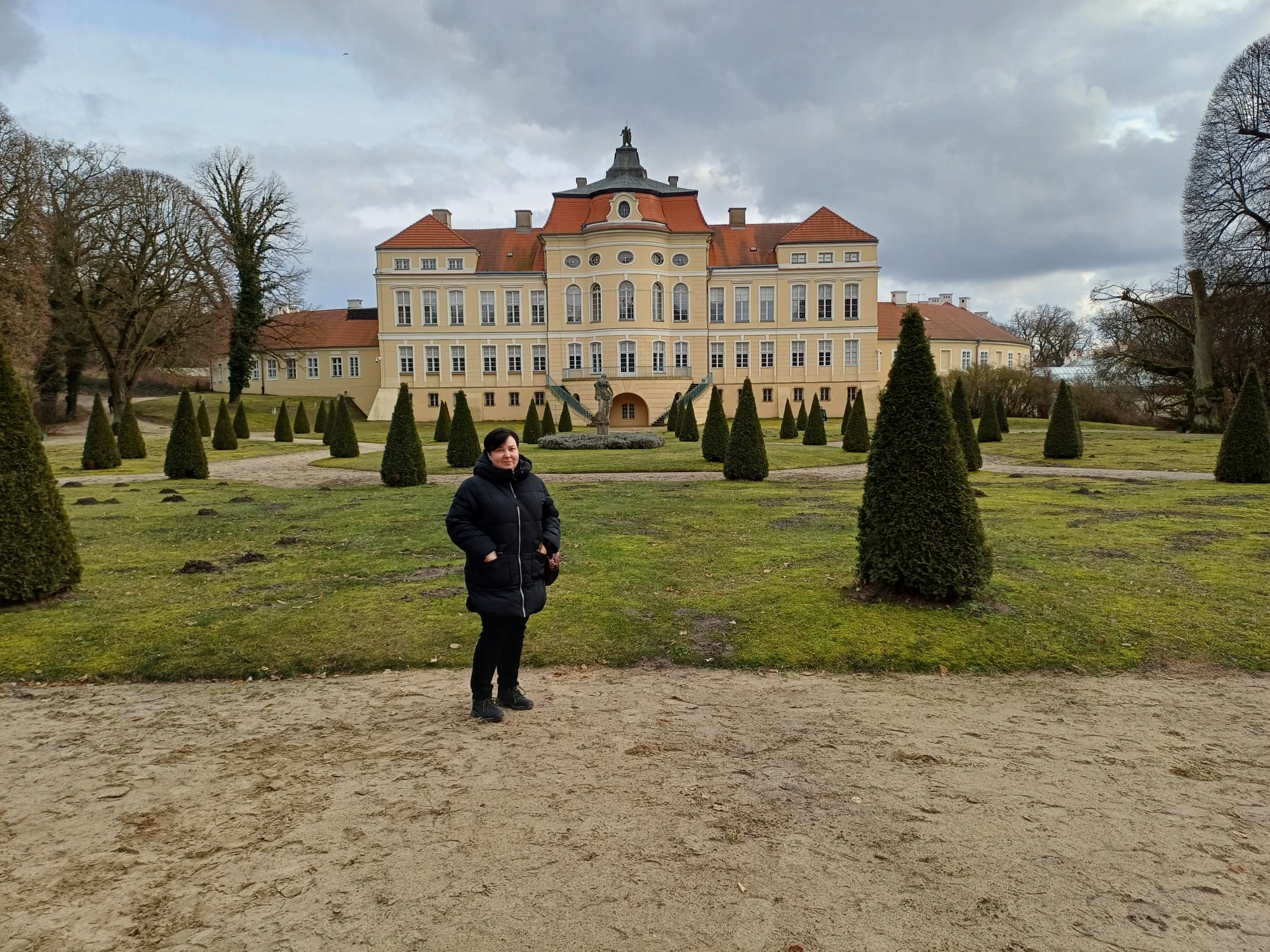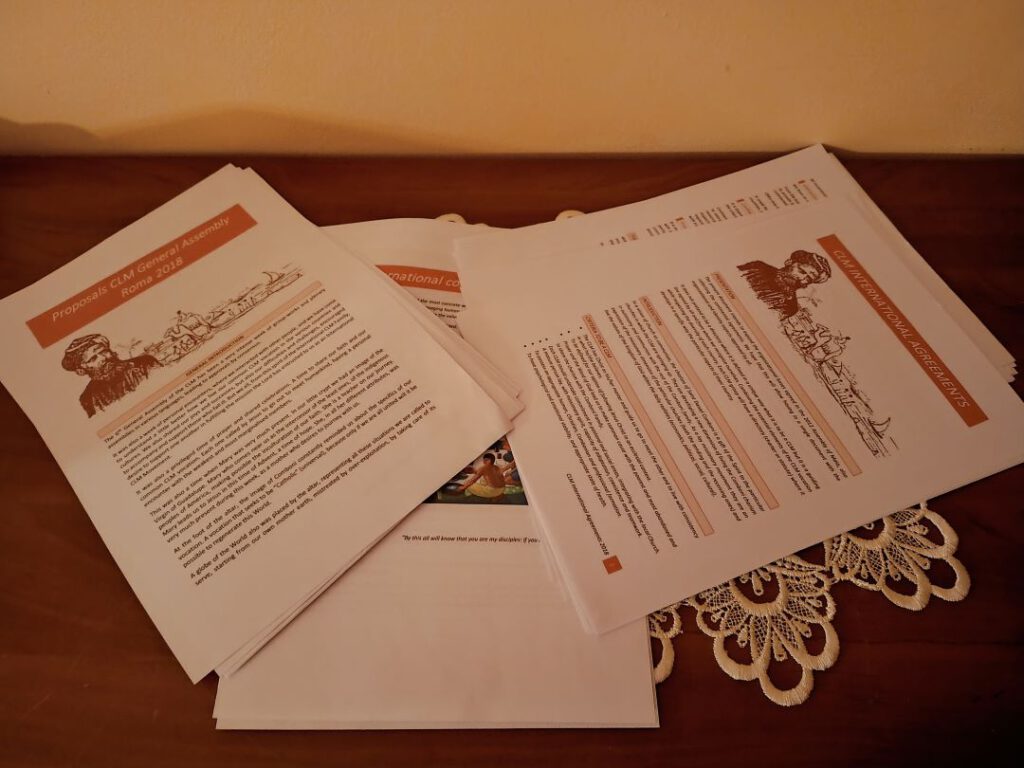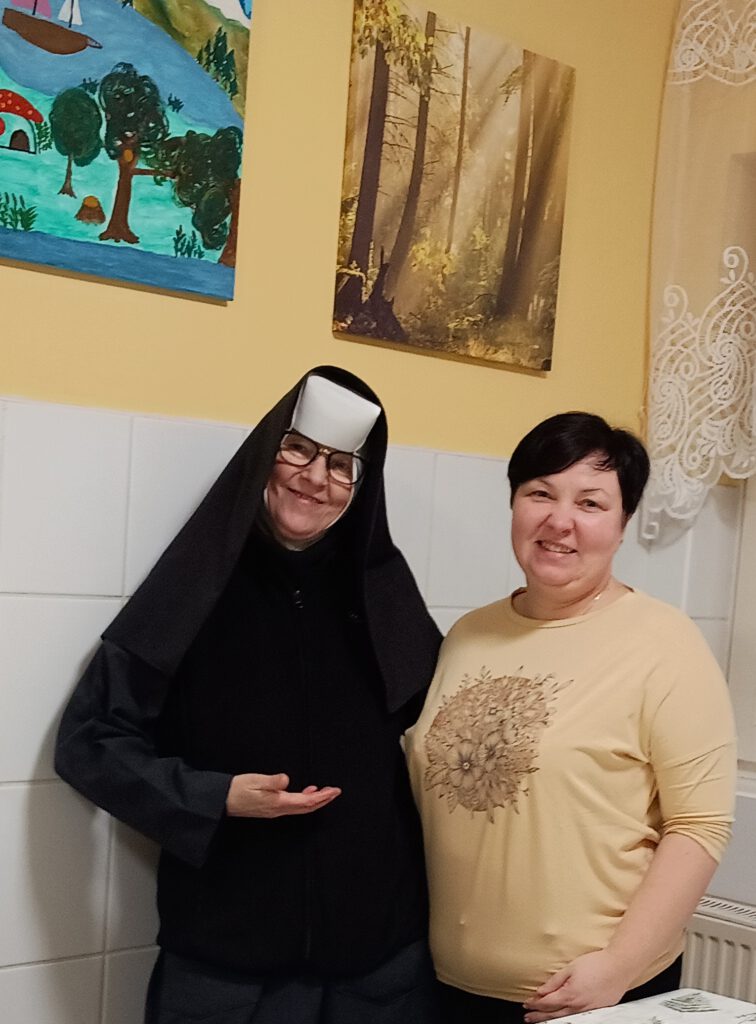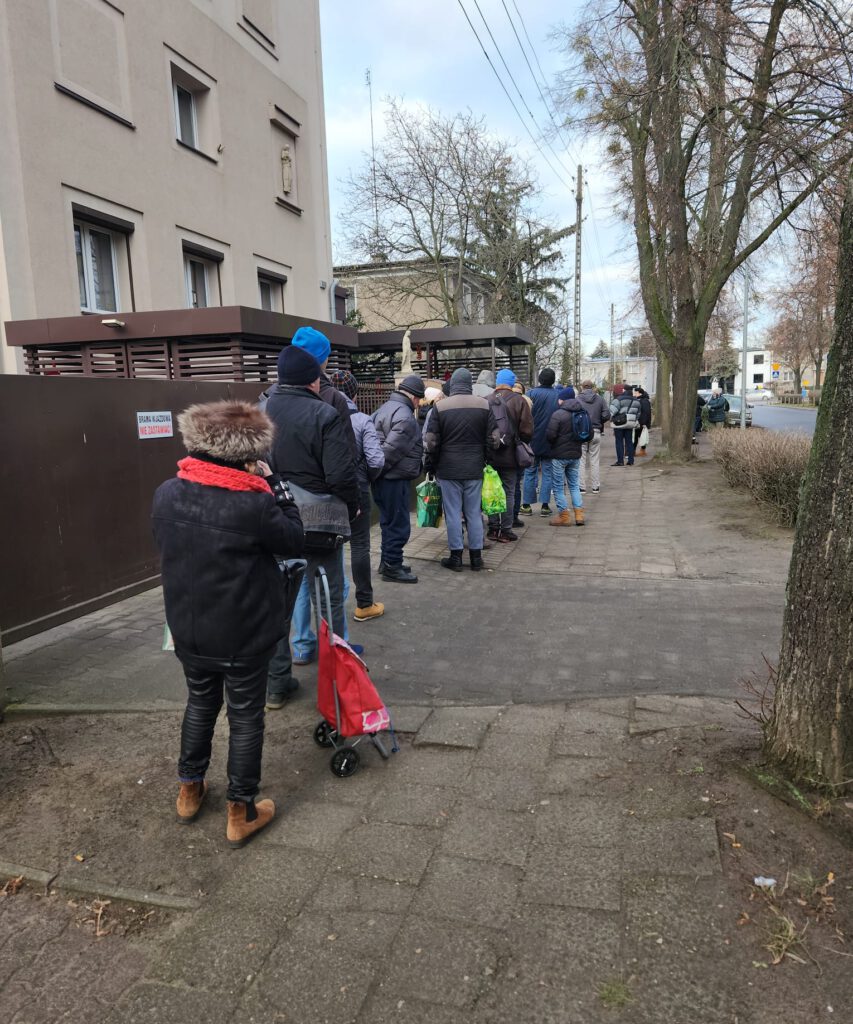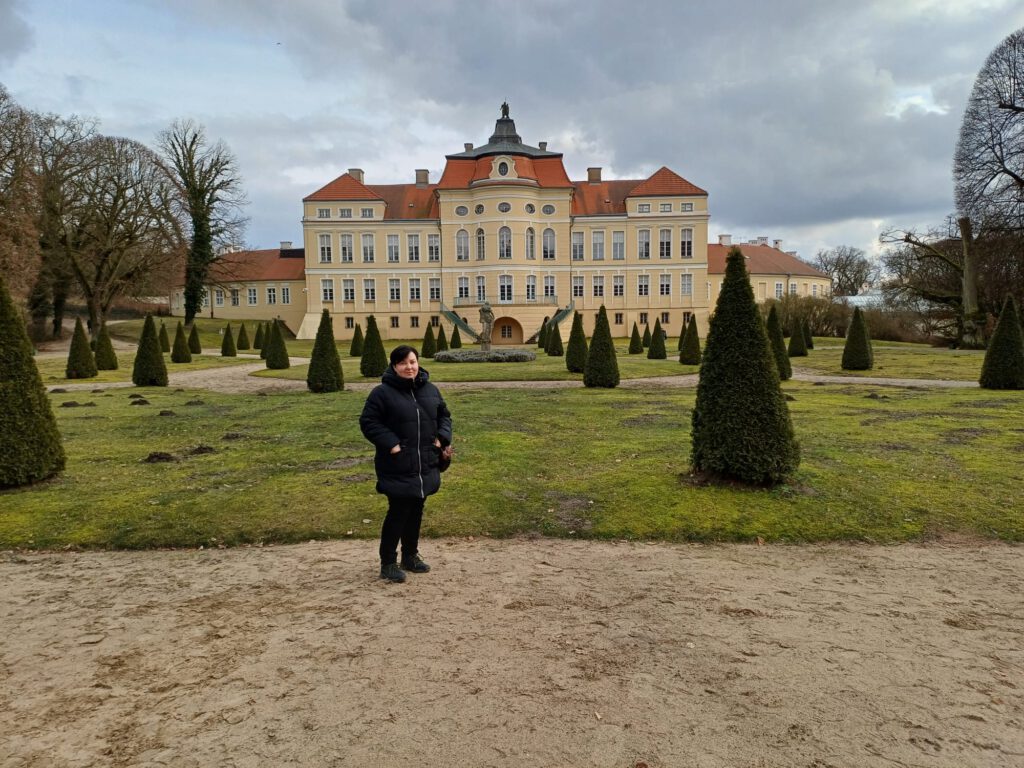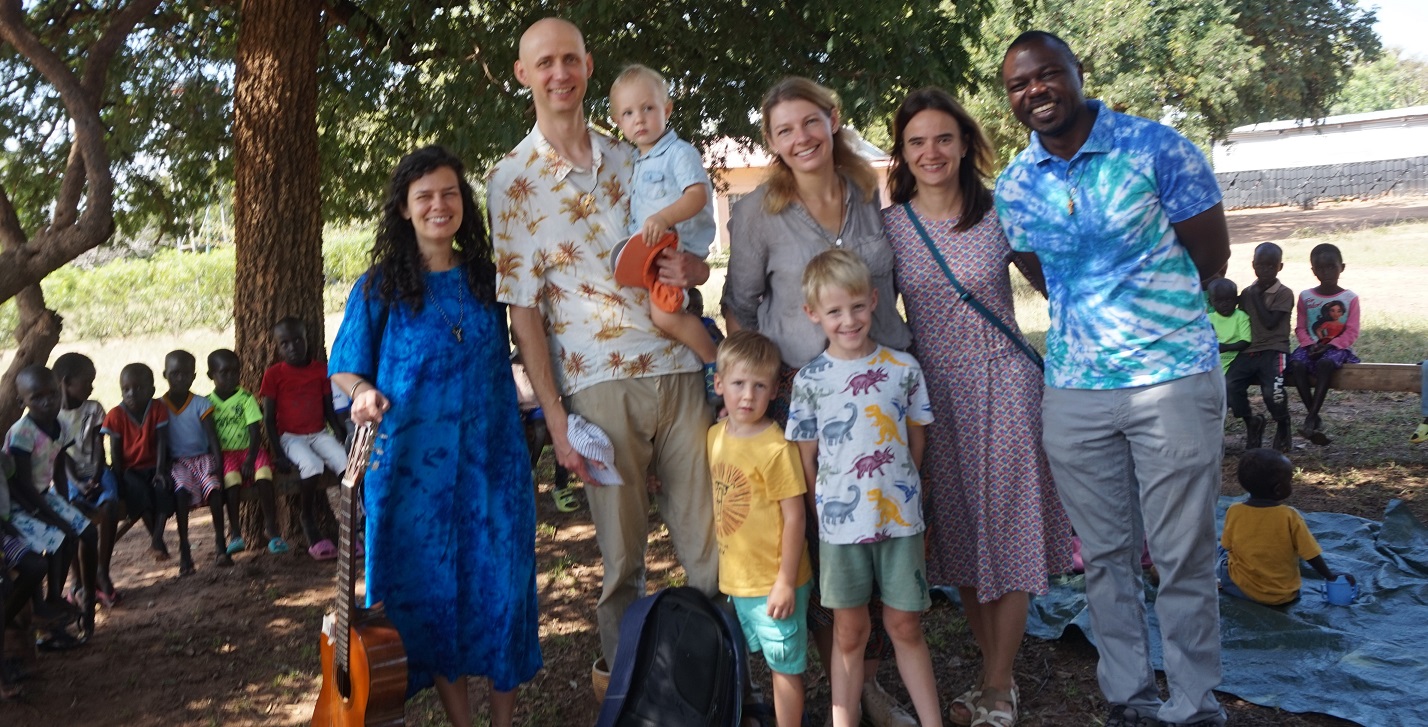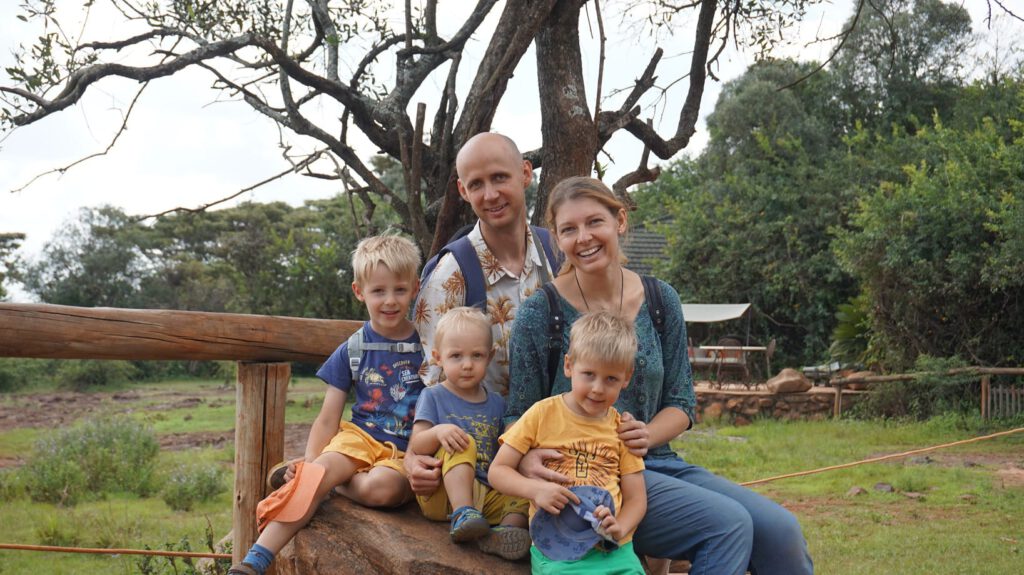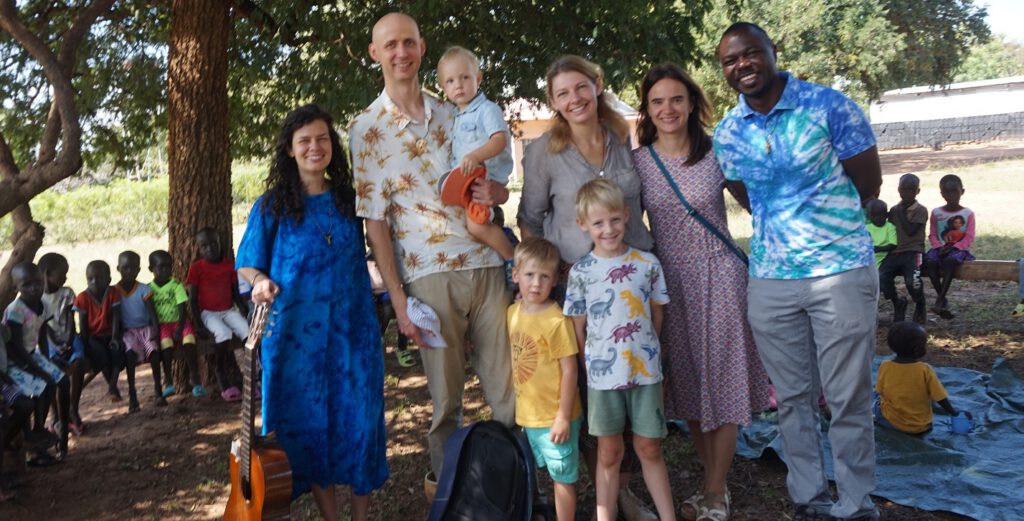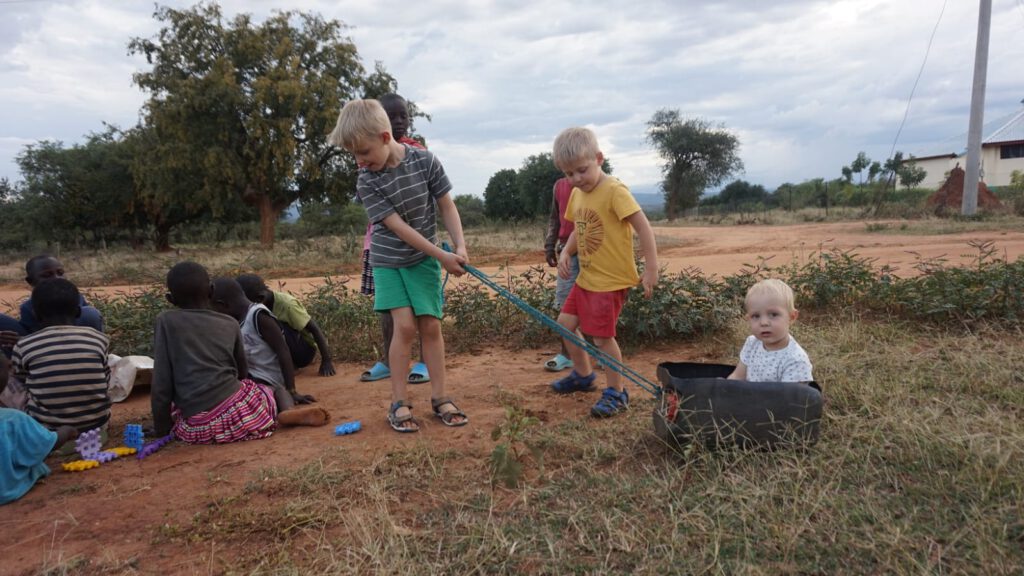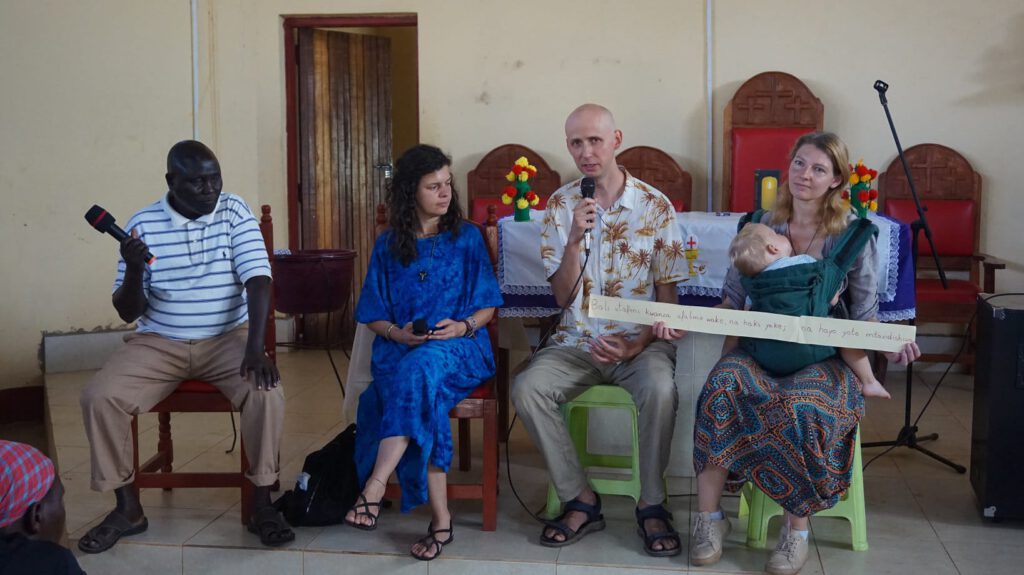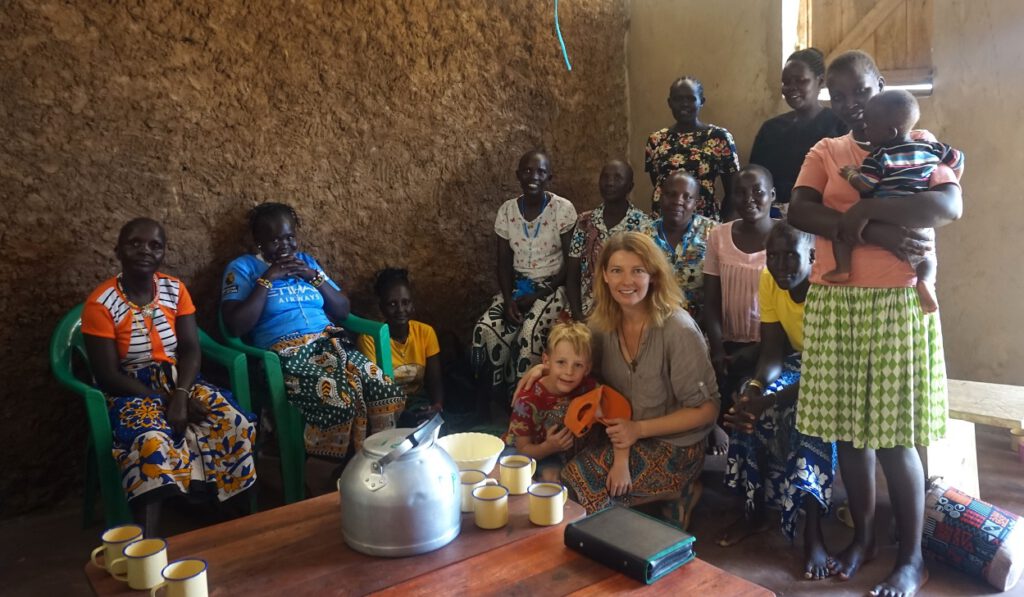There’s a lot going on here in Kenya. We’ve joined a very close-knit and joyful community. There are three permanent members, three CLMs on the Community Experience, and, of course, we’re on the Mission Experience. Eight people in total.
The community members show us what their daily ministry is like. First, we were able to join them in the chapel for a meeting of boys preparing for confirmation, and we attended Mass with them, where we were introduced and enthusiastically welcomed.
The next day, we attended three lessons at a girls’ boarding school. These lessons were surprisingly professionally prepared and well-run. One of the topics was self-esteem and self-confidence, which can help these young people shape their lives beautifully and in a Godly way.
Today, the third day of our stay, brought even more attractions, and tomorrow promises to be just as interesting.
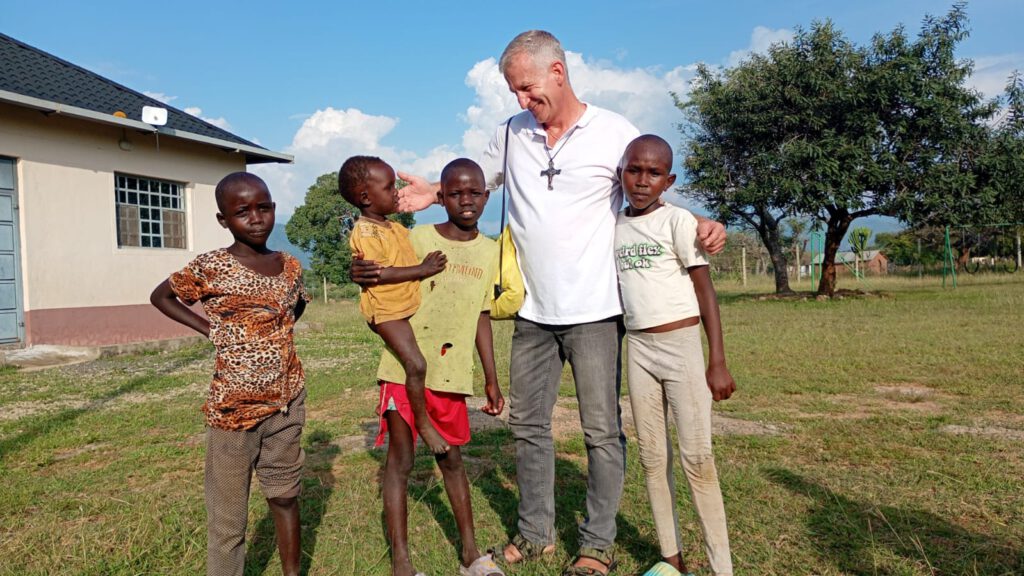
Today, before lunch, we met in the chapel with the boys preparing for the sacrament of confirmation. They danced and sang, followed by a multimedia presentation and several interesting videos.
In the afternoon, about 90 boys gathered in the chapel for a fantastic meeting. The boys had the opportunity to ask questions, which we were answering for over an hour. A lively conversation ensued about politics, the political system, the differences between our countries, and, of course, polygamy.
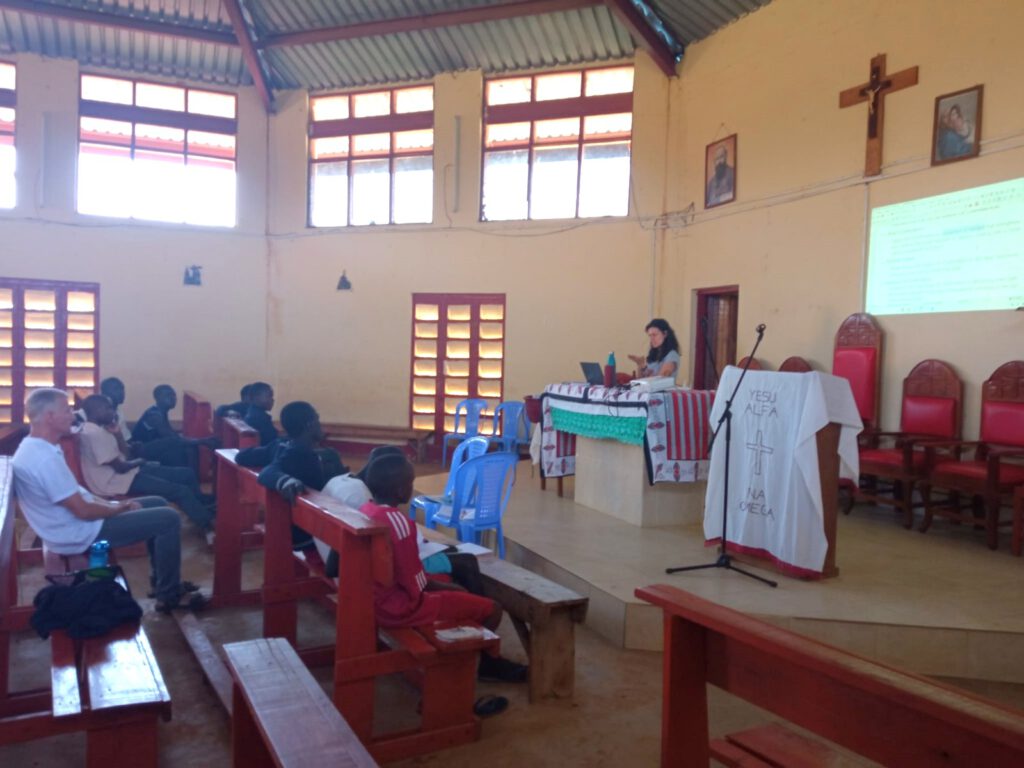
Finally, we asked them who would pray for Malwina and Leszek’s Missionary Experience today, and it turned out that most of them agreed!
We feel like we have true friends here.
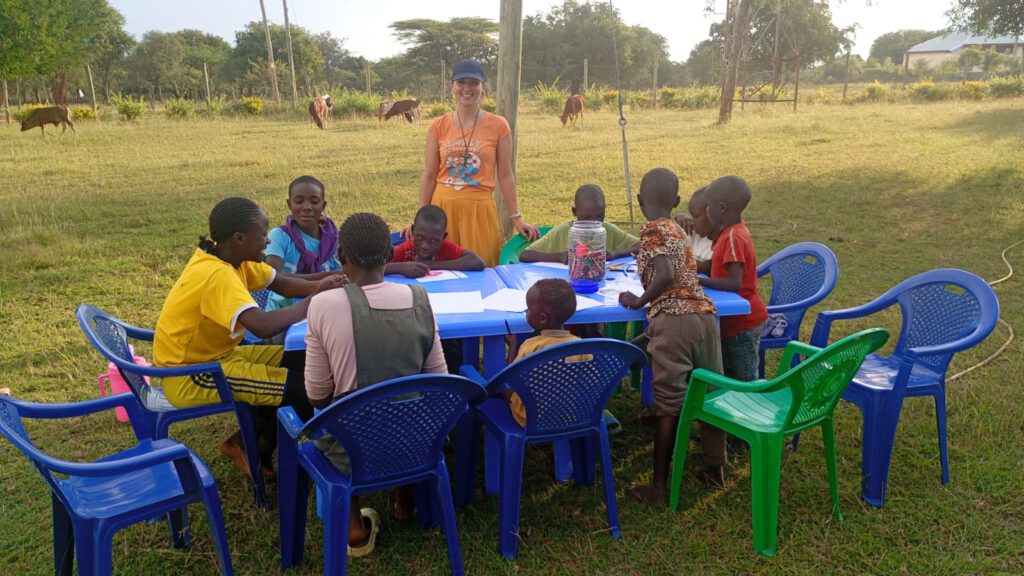
At the end of the day, we had a very joyful meeting with the younger children. There was coloring, learning a song with pointing, and lots of fun playing with bubbles and playing football.
After the fun was over, we could say with a laugh that something extraordinary had happened. In the village of Kitelakapel in the Pokot tribe, smiling dark-skinned children walk around, joyfully singing: “such big one, such small on can be a saint…” (Polish song).
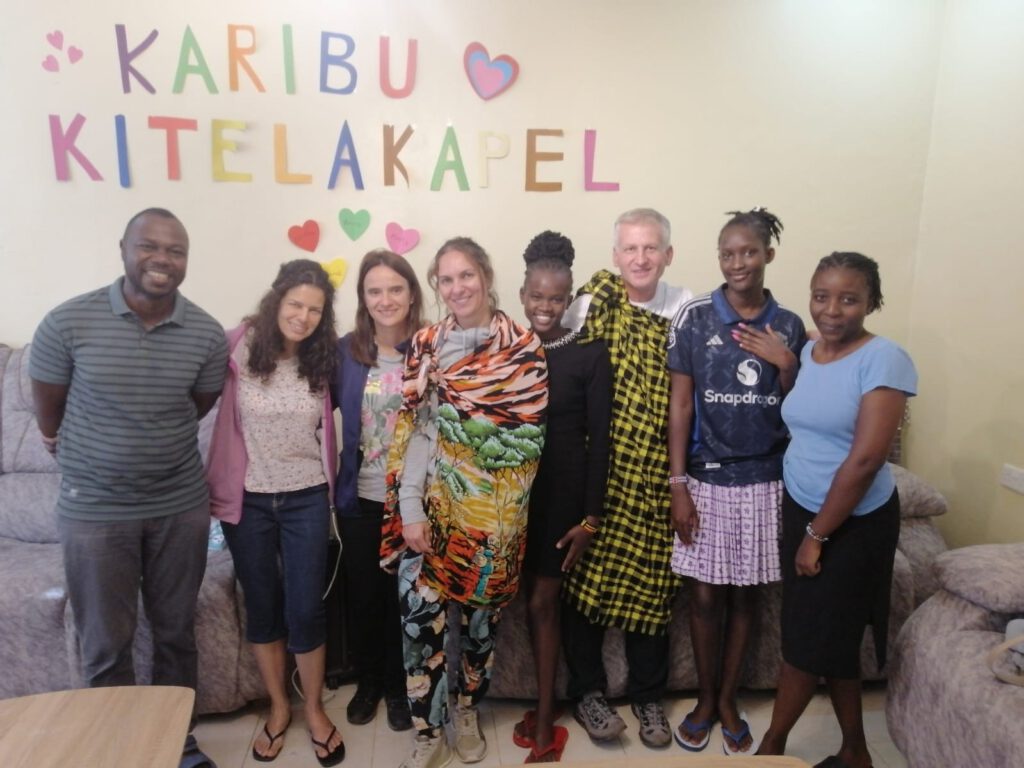
Malwina and Leszek (CLM Poland)




